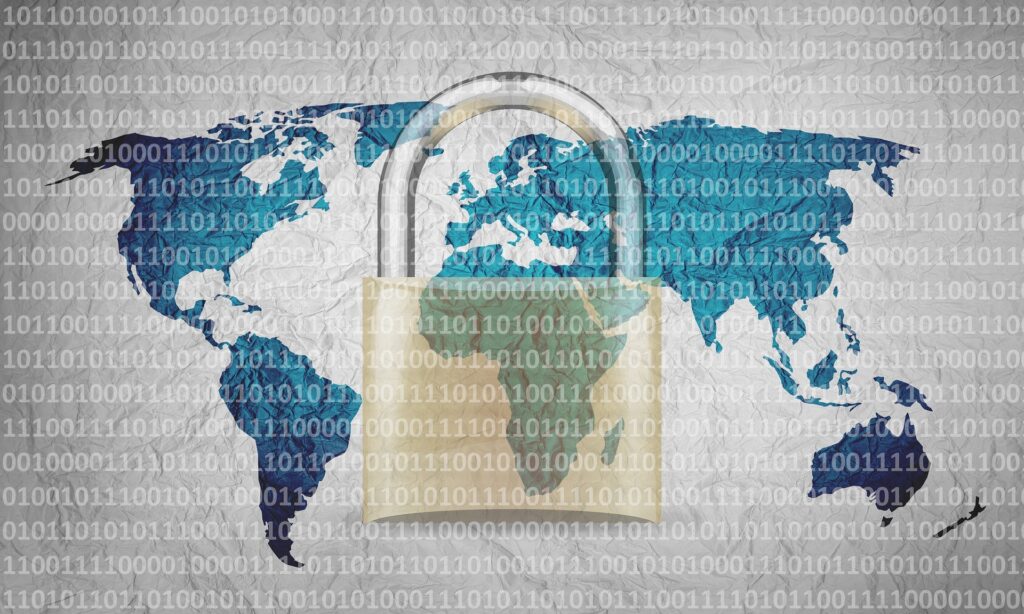
Cybercrime in companies – How to protect your data
WorldCom PR Expertise
Posted 24 May 2018
55 billion euros damage is caused annually by cyber attacks in Germany. No other business threat is growing so fast. Small and medium-sized enterprises are affected the most. An attack on a company with less than 1,000 employees causes damages over 21,000 euros. Smaller companies, in particular, can be hit hard by data loss – research shows that two out of three companies cannot work without access to their data. Such breakdowns can, therefore, lead to bankruptcy. Most companies are aware of the growing danger of cybercrime. A study which was conducted by the Worldcom PR Group*, the Confidence Index 2018, shows that 39 percent of German CEOs consider cybercrime as a threat to future business success. Therefore, companies should always be prepared for cyber attacks. Here are some tips on how enterprises can protect their data.
I would like to keep this short as legal storage obligations for electronic documents already regulate a lot. In addition, it is obvious to most people that it is essential to back up company data correctly in order to be able to restore it quickly in case of an emergency. However, you should not forget to check the backup systems regularly as they can break.
(DRP) – The DRP is the emergency plan for IT breakdowns. It is a documented process for restoring a company’s IT infrastructure. In times of ransomware attacks, the DRP has become indispensable. Employees should be trained in terms of the processes of the disaster recovery plan. German managers, in particular, are concerned as to whether employees can understand and use the latest technology. The Worldcom Group’s study has shown that Germany’s concerns in that area are above average. Other countries such as France and the USA are more confident that their employees can work with the latest technology.
The vexing subject of passwords. Even though most people already know how important good passwords are, the most popular one in Germany is still “123456”. Using such a password looks like a request to get hacked. If you can’t think of a secure password, password tools can help you out. There are also various websites that tell you how secure your password is. All excuses should now be invalidated – so it is about time to change insecure passwords.
Multi-layered protection – Simple antivirus protection is often not enough. Attacks can come from many different angles and corners. Therefore, a combination of anti-spam, patching, antivirus software and sandboxing is important.
Hackers exploit weaknesses of operating systems shamelessly. Only an update fills these gaps. Therefore, it is important to install updates as soon as possible. With Windows, you get a push notification as soon as an update is available. In the best case, download it quickly, install it and restart your PC for the updates to take effect. If the push messages annoy you, you can activate automatic updates in the Microsoft Store settings.
There is high confidence that companies in Germany can fight off cyber attacks. The Confidence Index has shown that German managers see themselves in a position to defend themselves against cyberattacks in the future. Of all the countries surveyed, Germany was the country with the fourth highest score. The US, the UK and China are also very optimistic when it comes to defence against future attacks. They are the only countries with a higher Confidence Index than Germany. With so much optimism, all that remains is to initiate the appropriate measures.
Click here for the complete Confidence Index Report for Germany.
* The Worldcom Public Relations Group is the world’s largest network of owner-managed PR agencies. More than 110 communication agencies in 95 cities on six continents belong to the network. In Germany, the partners are HBI Helga Bailey – International PR & MarCom, Kirchhoff Consult and komm.passion.